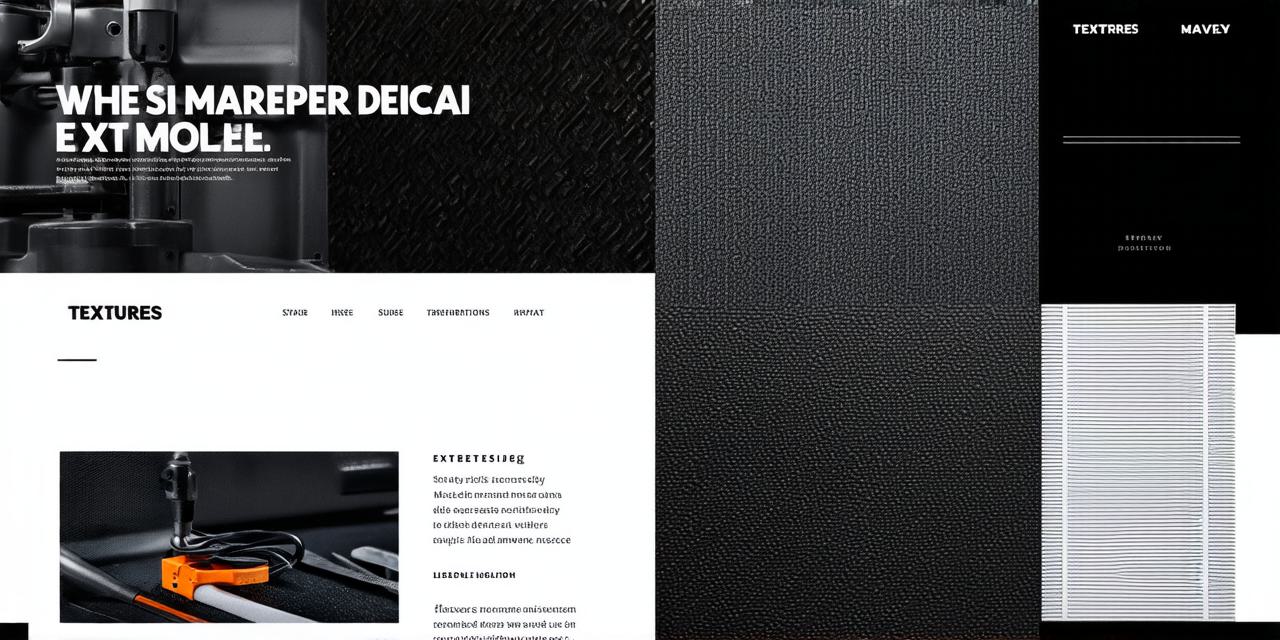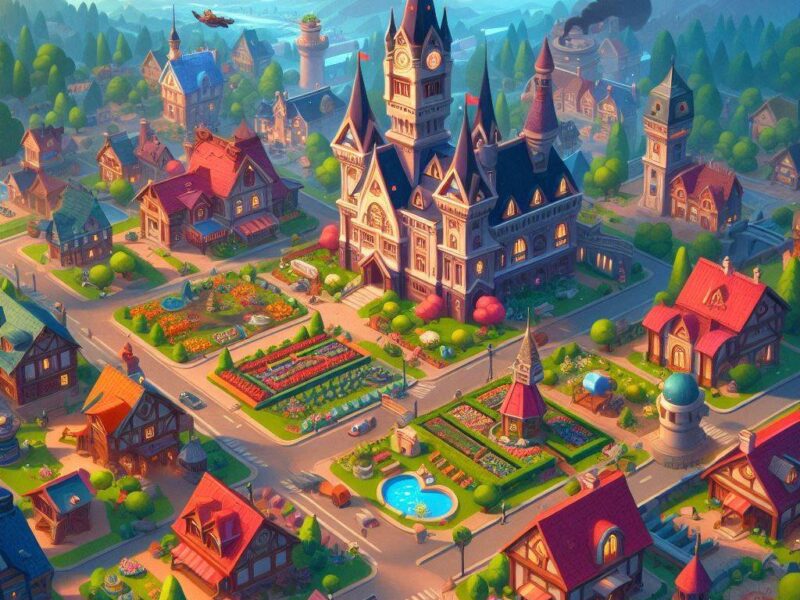In the dynamic world of web design, staying ahead requires a blend of creativity and strategy. This guide offers valuable tips and strategies to help you excel in your craft.
Embracing Responsive Design
"The average user spends 88% more time on a site with superior mobile experience." – Adobe
Mastering responsive design is no longer an option; it’s a necessity. A website that adapts seamlessly across devices not only enhances user experience but also boosts search engine rankings.
The Power of Typography
"Typography can make or break the look and feel of your site." – Jon Hicks, Designer
Choosing the right fonts can significantly impact the aesthetic appeal and readability of your designs. Experiment with different font families, sizes, and weights to create a harmonious visual hierarchy.
The Importance of Color Psychology
"Color increases brand recognition by up to 80%." – HubSpot
Understanding color psychology can help you evoke specific emotions and responses from your audience. Use colors strategically to guide users through your site and reinforce your brand identity.
The Role of White Space
"White space is to be regarded as an active element, not a passive one." – Jan Tschichold, Designer
Effective use of white space can make your designs cleaner, more legible, and easier to navigate. It allows the eye to rest and focus on key elements, improving overall user experience.
The Impact of Loading Speed
"47% of consumers expect a web page to load in 2 seconds or less." – Google
Optimizing your site’s loading speed is crucial for retaining users and improving search engine rankings. Compress images, minimize HTTP requests, and leverage browser caching to ensure your site loads quickly.
The Art of Balancing Aesthetics and Functionality
"Good design is a balance between aesthetics and functionality." – Dieter Rams, Designer
Remember, a beautiful design that fails to function effectively will disappoint users. Strive for designs that are not only visually appealing but also intuitive and user-friendly.
The Future of Web Design: Augmented Reality and Virtual Reality
"AR and VR have the potential to revolutionize the way we interact with digital content." – TBD, Expert
As technology evolves, so does web design. Keep an eye on emerging trends like augmented reality (AR) and virtual reality (VR), and consider how you might incorporate these technologies into your designs.
FAQs
1. What tools are essential for web designers?
- Sketch, Adobe XD, Figma, Photoshop, Illustrator, InVision Studio
2. How can I improve my web design skills?
- Practice, attend workshops, follow industry leaders, participate in design challenges



